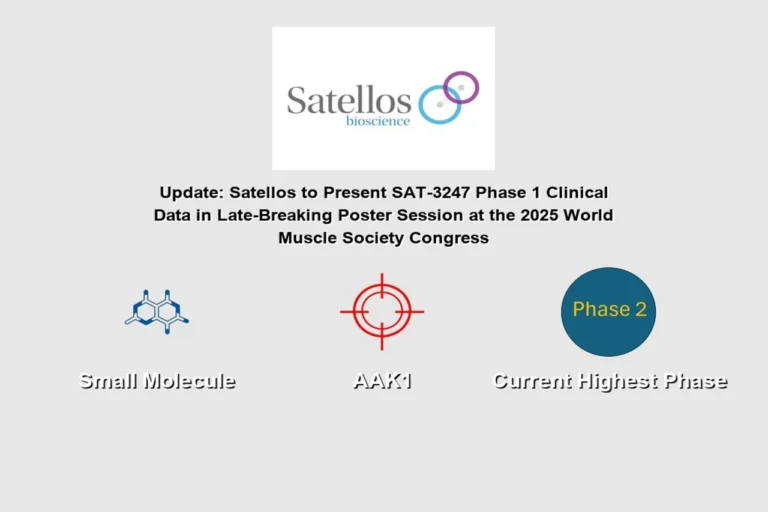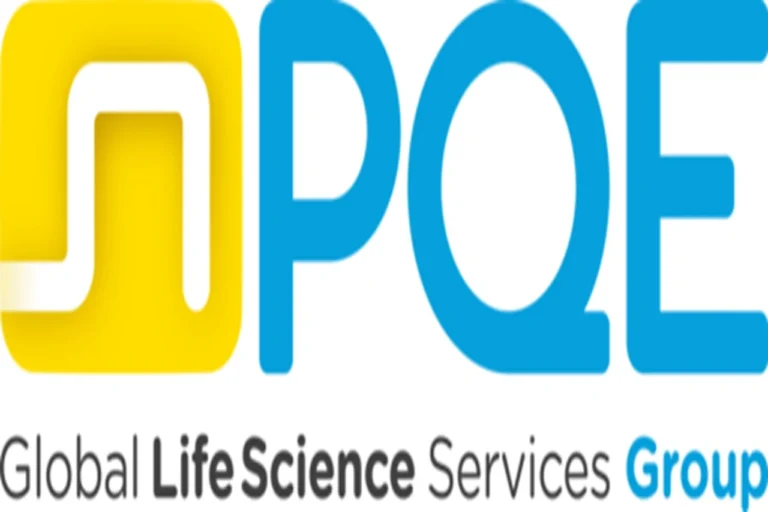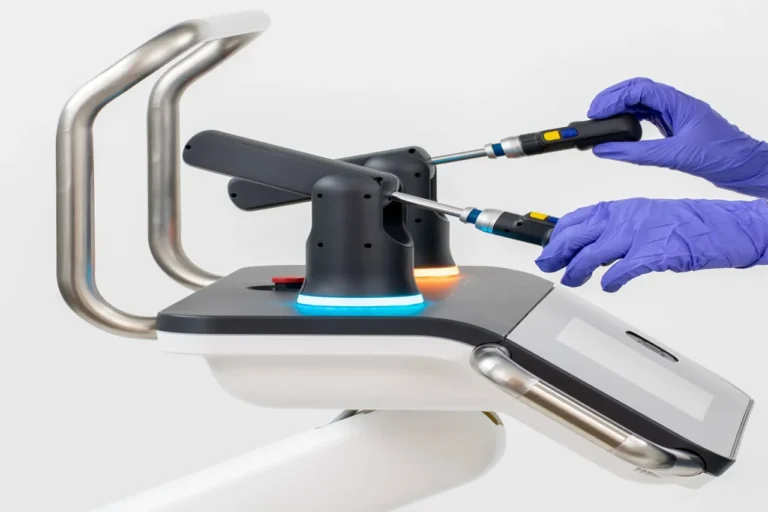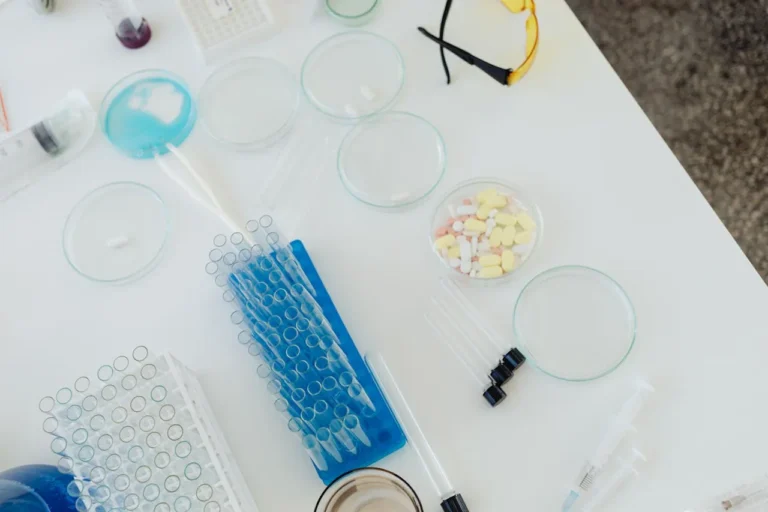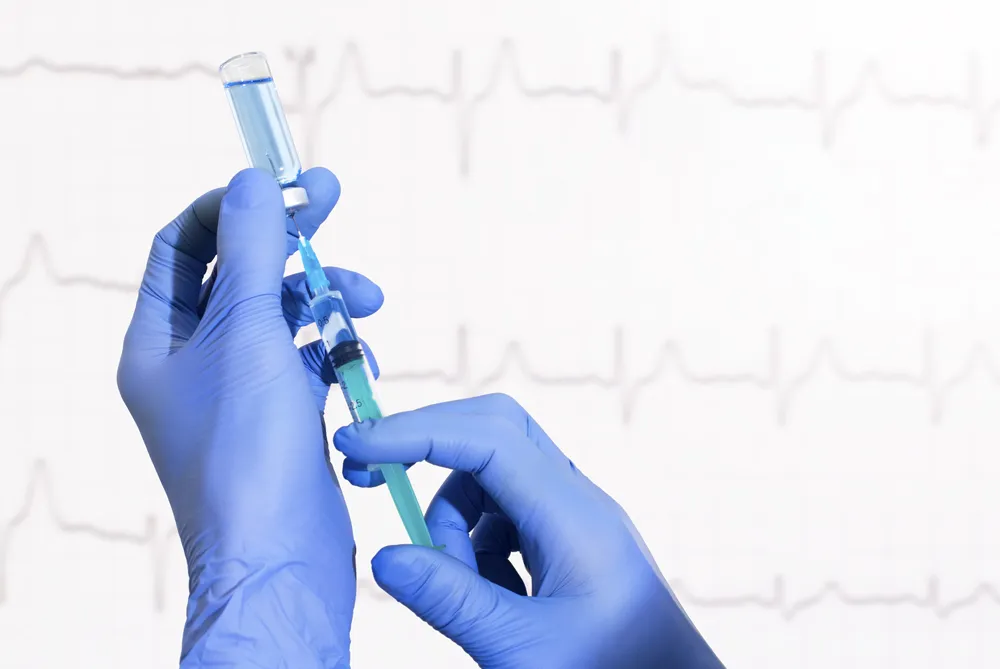
Bayer Submits Application in Japan for Aflibercept 8 mg to Treat Macular Edema Following Retinal Vein Occlusion
Bayer, a global pharmaceutical leader, has formally submitted a regulatory application to Japan’s Ministry of Health, Labour and Welfare (MHLW) for the approval of aflibercept 8 mg (114.3 mg/mL solution for injection). The company is seeking this approval to treat patients suffering from macular edema secondary to retinal vein occlusion (RVO), which includes central retinal vein occlusion (CRVO), branch retinal vein occlusion (BRVO), and hemiretinal vein occlusion (HRVO). If approved, this would mark the third indication for aflibercept 8 mg in Japan, building on its already established role in treating other vision-threatening conditions, and reinforcing the global blockbuster status of its branded formulation, Eylea™.
Understanding Retinal Vein Occlusion and Macular Edema
Retinal vein occlusion is the second most common retinal vascular disorder after diabetic retinopathy, often leading to vision impairment or vision loss. It occurs when one of the veins carrying blood away from the retina becomes blocked. This can result in increased pressure and leakage of blood or fluid into the retina, leading to macular edema, a swelling in the central part of the retina responsible for sharp, straight-ahead vision. Patients with this condition often experience blurred or distorted vision, and without appropriate treatment, it can lead to permanent vision damage.
Macular edema due to RVO is typically treated with anti-VEGF (vascular endothelial growth factor) agents that reduce fluid accumulation and prevent the growth of abnormal blood vessels. Aflibercept has emerged as a key player in this therapeutic class, with strong clinical performance across multiple retinal diseases.
Regulatory Submission Supported by Global Phase III QUASAR Study
Bayer’s application in Japan is underpinned by data from the QUASAR clinical study, a large-scale, global, randomized, double-masked, active-controlled Phase III trial that evaluated aflibercept 8 mg in patients with macular edema secondary to RVO. The trial enrolled participants from 27 countries, including a cohort from Japan, thereby providing a representative and diverse patient population.
The study’s primary endpoint was measured at week 36, assessing improvements in best-corrected visual acuity (BCVA)—a gold standard measure of visual function. Patients receiving aflibercept 8 mg every 8 weeks (following either 3 or 5 initial monthly loading doses) showed non-inferior improvements in visual acuity compared to those treated with the currently approved standard: Eylea™ 2 mg administered every 4 weeks.
This result is significant, as it indicates that aflibercept 8 mg can provide similar clinical benefits with fewer injections, potentially reducing the treatment burden for patients and healthcare systems.
Strategic Importance of the Japanese Market
Speaking about the submission, Christine Roth, Executive Vice President, Global Product Strategy and Commercialization, and Member of Bayer’s Pharmaceuticals Leadership Team, commented:
“Japan is an important market for Bayer in ophthalmology, and today’s submission marks a significant step towards enhancing patient care in retinal vein occlusion. Following approval in Japan, aflibercept 8 mg may offer extended treatment intervals for patients affected by macular edema due to RVO, thereby reducing the burden of frequent injections and clinic visits.”
This regulatory milestone reflects Bayer’s ongoing commitment to addressing unmet medical needs in ophthalmology, especially in Japan, where the aging population is expected to drive higher incidences of retinal diseases.
QUASAR Study Results Highlight Clinical Advantages of Aflibercept 8 mg
The QUASAR study provided further compelling data about the long-term benefits of aflibercept 8 mg. Approximately 90% of patients were able to maintain the extended 8-week dosing interval through 36 weeks. Additionally, in the group of patients who received 3 initial monthly doses, nearly 70% reached a final assigned dosing interval of 12 weeks, showcasing the potential for even longer intervals between treatments.
Importantly, the study also reported that fluid reduction, an important indicator of disease control and a predictor of visual outcomes, was similar between patients on extended dosing with aflibercept 8 mg and those receiving monthly Eylea 2 mg injections. The safety profile of aflibercept 8 mg was also consistent with previous trials, and the treatment was generally well tolerated, reinforcing its suitability for long-term use.
Eylea 8 mg: An Expanding Global Footprint
Eylea 8 mg (aflibercept 8 mg) has already secured approval in over 50 markets worldwide for the treatment of neovascular (wet) age-related macular degeneration (nAMD) and diabetic macular edema (DME)—two of the leading causes of vision loss globally. Bayer’s current submission for RVO-related macular edema in Japan is part of a broader global strategy to expand the indications for aflibercept 8 mg and make extended-interval treatment available to a wider patient population.
Beyond Japan, regulatory applications for Eylea 8 mg are ongoing in several countries and regions. In February 2025, Bayer submitted an application to the European Medicines Agency (EMA) seeking to extend treatment intervals for Eylea 8 mg to up to 6 months for patients with nAMD and DME. This submission is based on robust evidence from the PULSAR and PHOTON studies, which have demonstrated the efficacy and safety of longer dosing intervals in these diseases.
Unique Position Among Anti-VEGF Therapies
Aflibercept 8 mg currently holds a unique position among anti-VEGF treatments, being the only therapy approved for extended treatment intervals of up to 5 months for both nAMD and DME in the European Union and United Kingdom. This is especially significant in a treatment landscape where most anti-VEGF therapies require monthly or bi-monthly injections, which can be a considerable burden on patients, caregivers, and healthcare providers.
These extended dosing intervals are designed to minimize the treatment burden, improve adherence, and enhance patient quality of life, without compromising on visual outcomes.
Bayer–Regeneron Collaboration
The development and global commercialization of aflibercept products are the result of a strategic partnership between Bayer and Regeneron Pharmaceuticals. Under this partnership:
- Regeneron maintains exclusive rights to Eylea 2 mg and Eylea HD (8 mg) in the United States.
- Bayer holds exclusive marketing rights outside the U.S., including in Europe, Japan, Asia-Pacific, and Latin America.
- Both companies share equally the profits from sales of both Eylea 2 mg and Eylea 8 mg outside the U.S.
This collaboration has enabled the broad global reach and commercial success of aflibercept, which continues to generate multi-billion dollar revenues annually, solidifying its status as a blockbuster therapy in the field of ophthalmology.
The Future of Aflibercept in Japan and Beyond
Should the MHLW approve Bayer’s application, aflibercept 8 mg would become a valuable addition to the ophthalmic treatment arsenal in Japan, offering clinicians a more flexible and patient-friendly dosing schedule for managing RVO-related macular edema.
This would also mark an important step in Bayer’s mission to extend innovative treatment options to underserved populations, especially given Japan’s demographic challenges related to aging and chronic disease burden.
Moreover, the continued development of aflibercept 8 mg across multiple indications—supported by large-scale clinical trials, real-world evidence, and strategic partnerships—highlights its versatility as a therapeutic agent and its potential to remain a cornerstone of retinal disease management for years to come.



